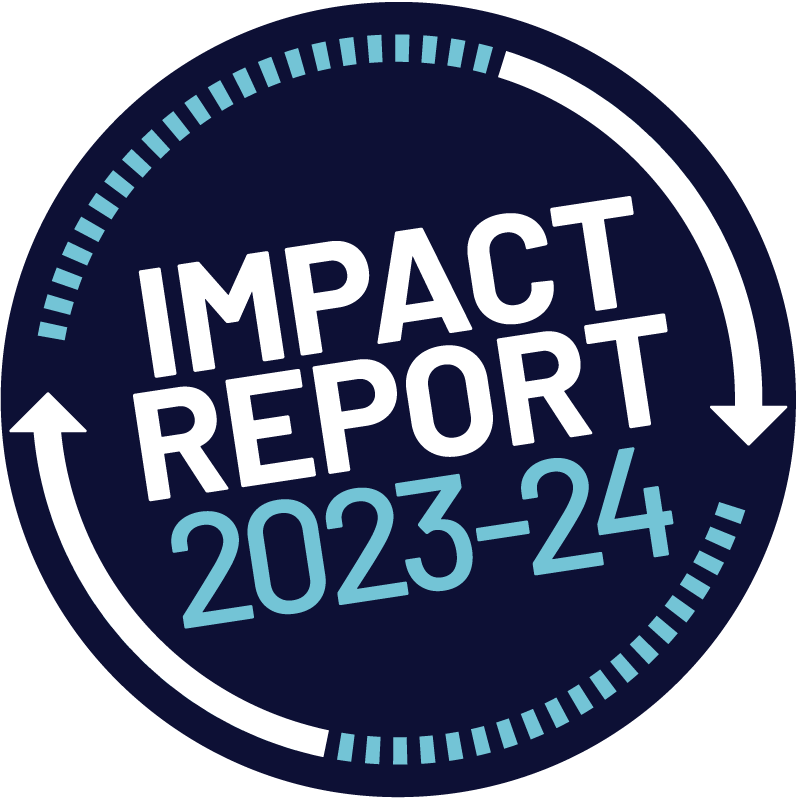

Belu publishes Impact Report 2023-24
Read Belu’s 2023-24 Impact Report here Today at Belu, on
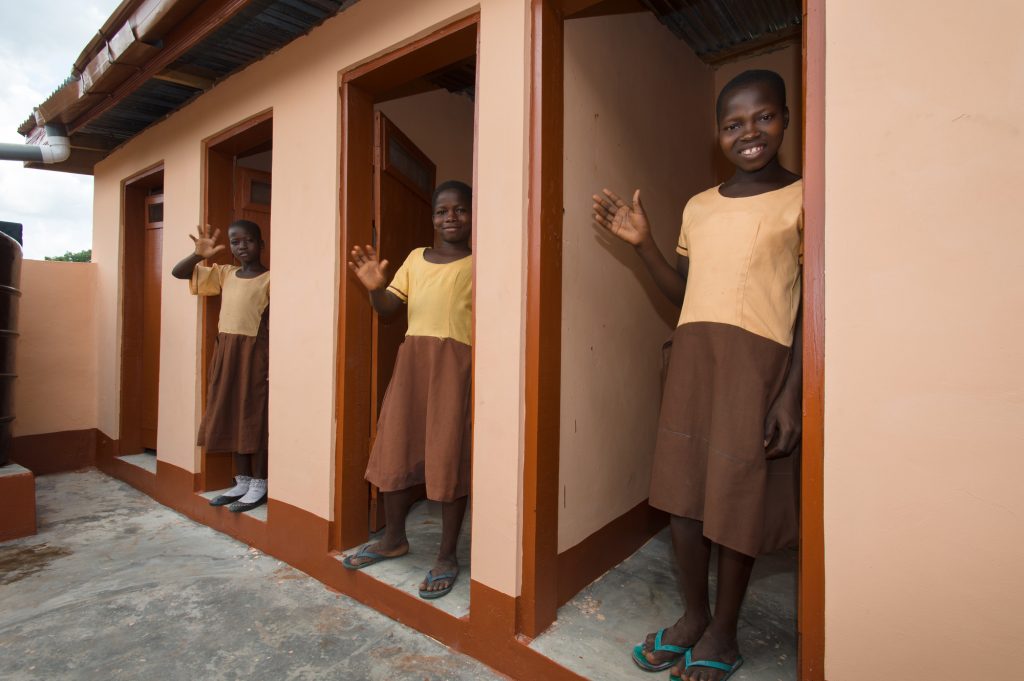

UN World Toilet Day is on 19 November 2018. “When nature calls, we need a toilet. But, billions of people don’t have one. We are turning our environment into an open sewer and it’s vital that toilets are built to support an effective ecosystem and human health”. United Nations 2018.
Ever been on a long walk or out shopping, panicking because you’re looking for somewhere to go to the toilet? Sadly, that’s the reality for 1 in 3 people in the world right now. Purely because of where they were born or live meaning that they have no choice but to go to the toilet in the open.
Toilets mean more than you may think; while they’re something most of us take for granted, for many people across the world, decent toilets are vitally important for their dignity, health and education. Our Head of Marketing, Claire Pearson, provides her personal experiences of how toilets can change the lives of people who need them most.
I’ve worked in water for nine years now. Before I joined Belu, I worked at our partner WaterAid, where in addition to my love of water, I also learnt to love loos and realised the power of the toilet when it comes to making positive change happen in the world.
We talk about water a lot at Belu. Not least because:
– We supply filtration systems and bottled mineral water to the UK Hospitality Industry.
– We give 100% of our profits to our partner, the charity WaterAid.
– And we all love drinking water, thankfully!
However, our social impact is not all about water, it also focuses on giving communities worldwide decent toilets and good hygiene, because for clean water projects to work these two things are essential. We partner with WaterAid who focus on a three-pronged approach of water, toilets and hygiene – one is simply not effective without the others.
The photo below is from my time visiting a slum called Rakhi Mandi in Kanpur, Uttar Pradesh, India in 2013. None of the community had access to a toilet and women were forced to cross the railway tracks to find a private place to go. I will never forget that place, the water and sanitation situation was dire. We heard shocking stories from some of the women who had been brutally attacked by men on their journey, just because there was no safe place to go.
Progress is happening in the world right now because organisations like WaterAid step in to make toilets normal for communities. Thanks to the hotels, restaurants, and catering outlets here in the UK that serve Belu along with the consumers that drink our water we’re helping them to make that change happen. However, there’s still a lot of work to do because the world is not on track to achieve Global Goal 6: Clean water and sanitation for all by 2030.
In the years that have followed since my unforgettable visit to Rakhi Mandi, a community toilet block and over 100 household toilets have been constructed. Some with the help of a formidable woman called Kalavati pictured here with Ram, a blind community member. Kalavati has made it her mission to get toilets constructed in Rakhi Mandi. I met her on my second visit – what an incredible woman!
Eight water hand pumps are now in use providing clean drinking water, and hygiene education is also being delivered. A phenomenal change in the community to the one I had visited back in 2013.
It’s hard to imagine having to step outside the classroom to go to the toilet and there not being one there and having to go to the loo behind a tree. Or missing school when you had your period because there was no toilet to use. The first time I visited Bonkrom school in Ghana, that was the reality for the girls pictured below.
34% of the world’s schools don’t have adequate toilets. Toilets are essential to keep children healthy, safe and in school (WaterAid UK).
When we returned the following year the transformation was incredible, thanks to a WaterAid project funded by the HSBC Water Programme, a programme I managed while working for WaterAid.
We were humbled to be greeted by the Village Chief who thanked us for improving the lives of the local school children and ensuring they didn’t miss out on an education. All because we’d helped them build some toilets. Since the arrival of the toilets, school attendance had improved, and the intake in the school had shot up by almost 25%.
So please take a moment to be thankful for your loo. If you want to make a difference to help the 1 in 3 people in the world without a toilet you can:
– Visit WaterAid’s website to find out how you can get involved.
– Encourage your favourite restaurant to work with Belu on water service, or pick up a bottle of Belu the next time you see us out and about.
– Share the importance of toilets with friends to raise awareness of the global toilet crisis.
Belu is supporting Global Goal 6 which aims to ensure that everyone has a decent toilet by 2030.
Written by Claire Pearson, Head of Marketing, Belu
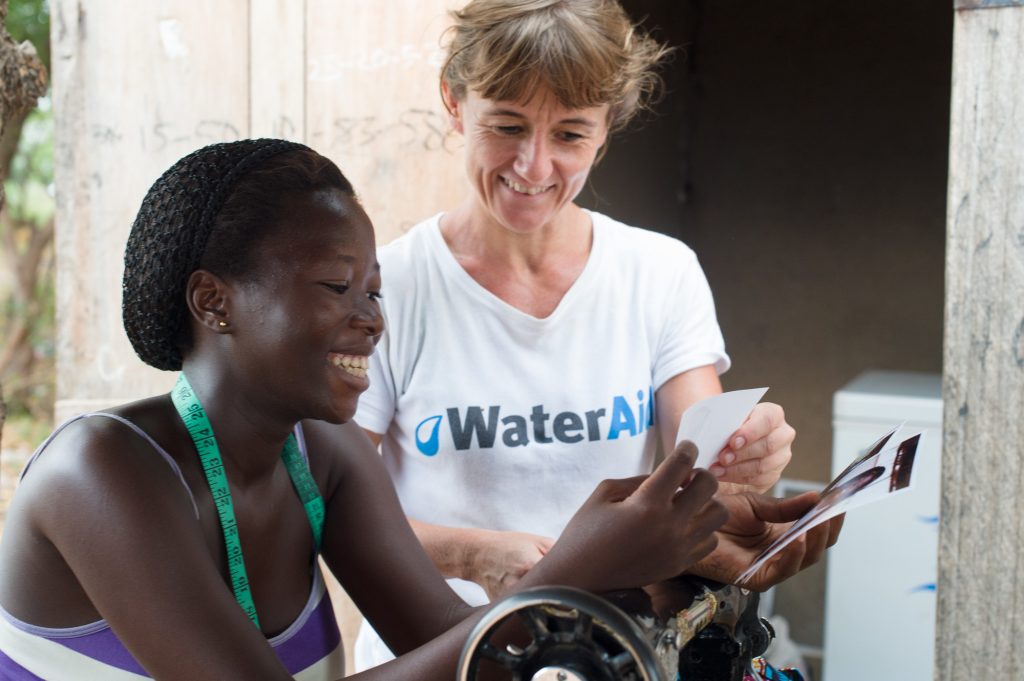
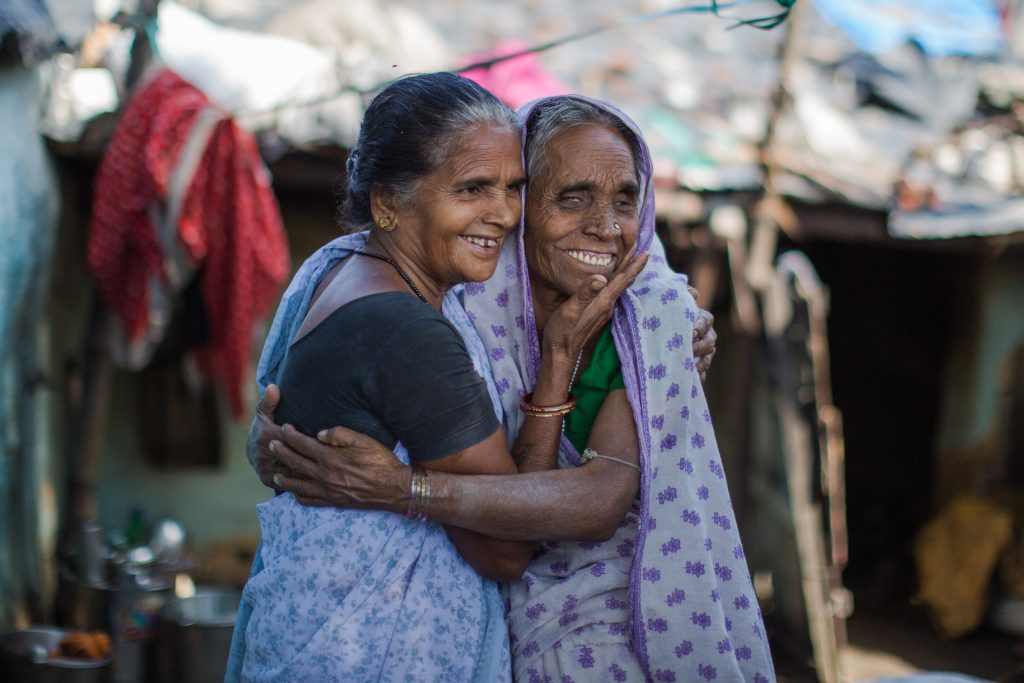

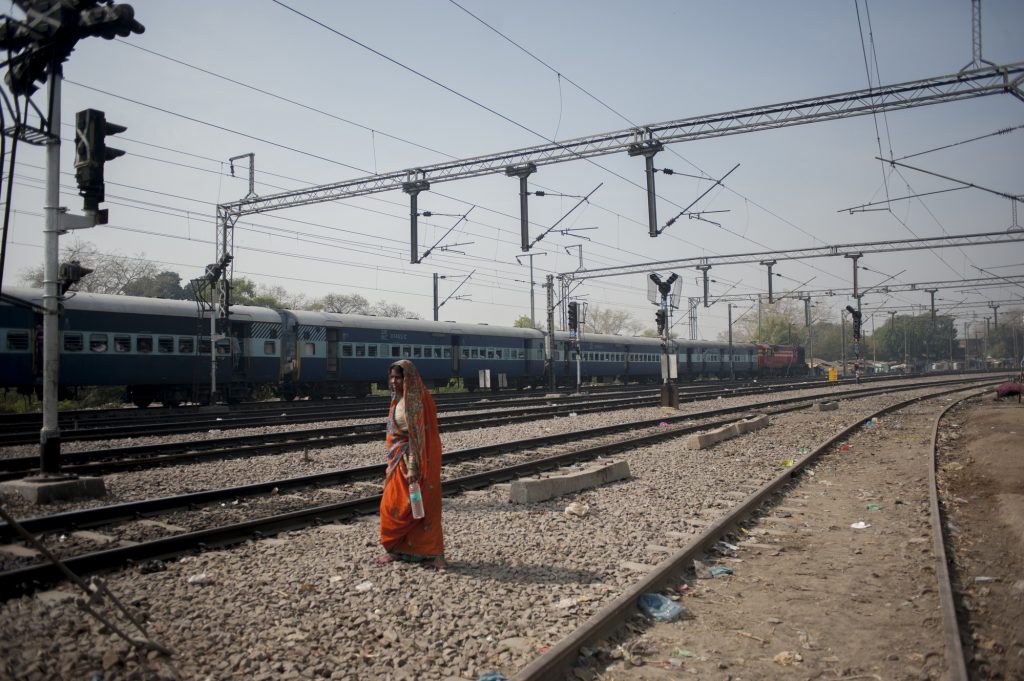



Read Belu’s 2023-24 Impact Report here Today at Belu, on
We are part of a growing number of companies that
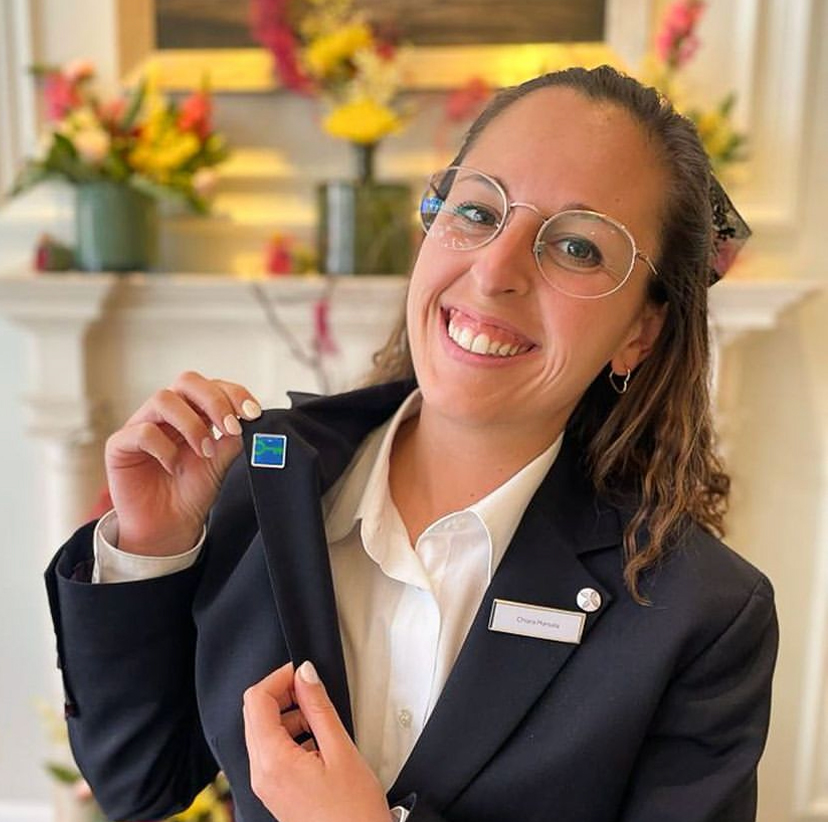

Belu has been helping hospitality to be more sustainable since